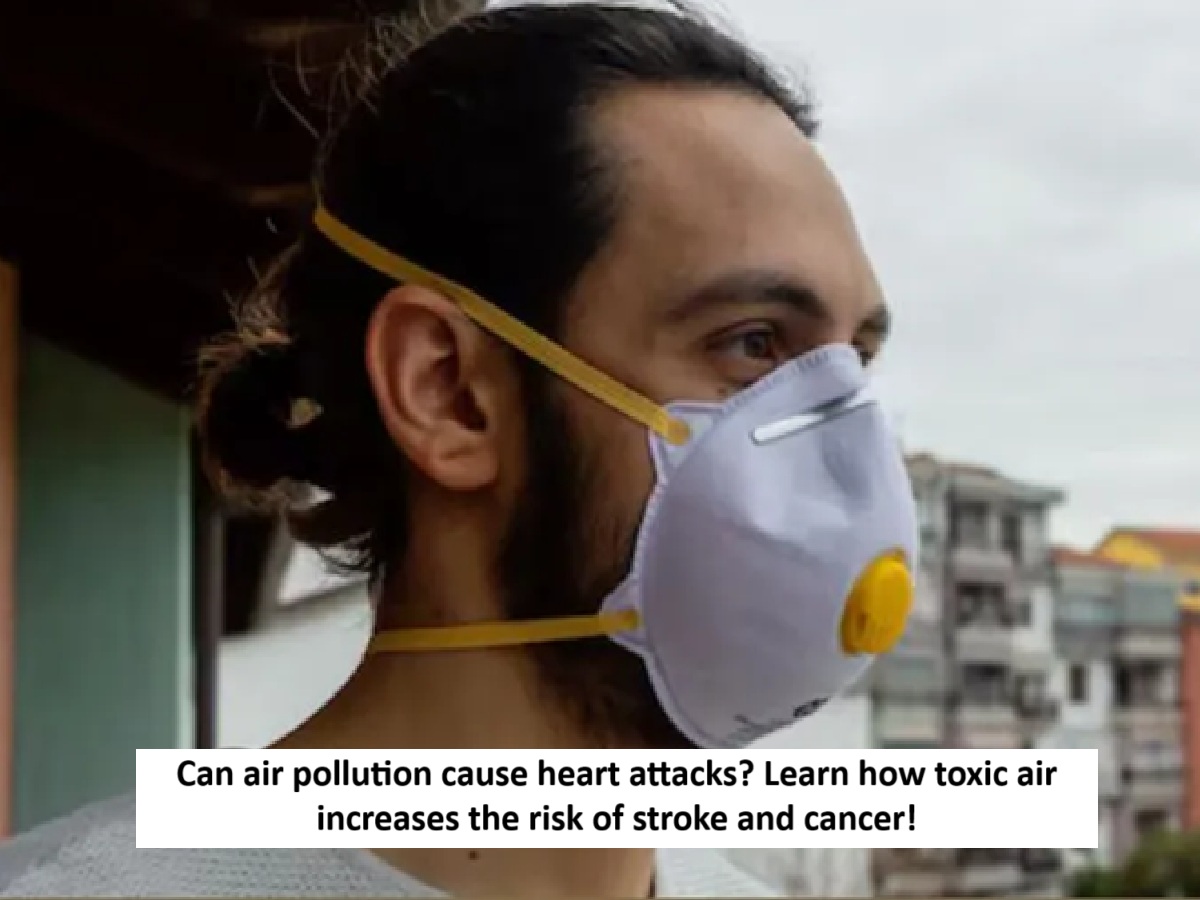
News Topical, Digital Desk : The recently released "State of Global Air 2025" report paints a shocking picture: air pollution has become a major cause of millions of premature deaths worldwide. The report suggests that air pollution is no longer just a "lung problem."
It's also shocking that approximately 90% of deaths are caused by non-communicable diseases (Air Pollution Health Effects), such as heart disease, stroke, chronic lung disease, and lung cancer. But the question arises: how is air pollution causing deaths and what should be done to prevent it?
How is air pollution becoming a cause of death?
Air pollution contains particles like PM 2.5, ozone, and nitrogen oxide, the most dangerous of which is PM 2.5. It is so small that it reaches deep into our lungs.
- Inflammation in the lungs – PM 2.5 enters the lung cells and causes inflammation.
- The danger spreads throughout the body - This inflammation isn't limited to the lungs. Signals of inflammation spread throughout the body through the bloodstream, leading to a state of inflammation throughout the body. This inflammation destabilizes plaque in the arteries, significantly increasing the risk of heart attack and stroke.
- Direct effect on blood vessels – Pollutants directly disrupt the functioning of our blood vessels and also affect the process of blood clotting.
- Long-term damage – Long-term exposure to pollution increases the risk of diseases like asthma, chronic obstructive pulmonary disease, lung cancer and heart disease, which lead to premature death.
5 important things to avoid air pollution
- Monitor the AQI - Monitor the AQI of your surrounding areas using your smartphone. Avoid outdoor physical activities like exercising, running, or long walks when the AQI is in the "poor," "very poor," or "severe" category. Pollution levels can also be higher in the early morning, so exercise caution.
- Use an N95/N99 mask - When going out, wear an N95 or N99 rated mask instead of a regular cloth mask. These masks are able to block out dangerous PM 2.5 particles to a large extent.
- Keep indoor air clean - Avoiding outdoor pollution doesn't mean the air inside is clean. Dust, chemicals, and cooking smoke can also pollute indoor air. To combat this, install an air purifier, dust or clean with a damp cloth, avoid smoking, and keep windows and doors closed in the morning and evening.
- Prioritize public transportation and carpooling - Vehicle exhaust is a major cause of urban pollution. Use public transportation like the metro and buses instead of your personal vehicle.
- Include antioxidants in your diet - A balanced and healthy diet can help the body fight the effects of pollution. Eat foods rich in vitamin C, vitamin E, and omega-3 fatty acids. These antioxidants help reduce toxins and inflammation in the body caused by pollution.
--Advertisement--

 Share
Share



